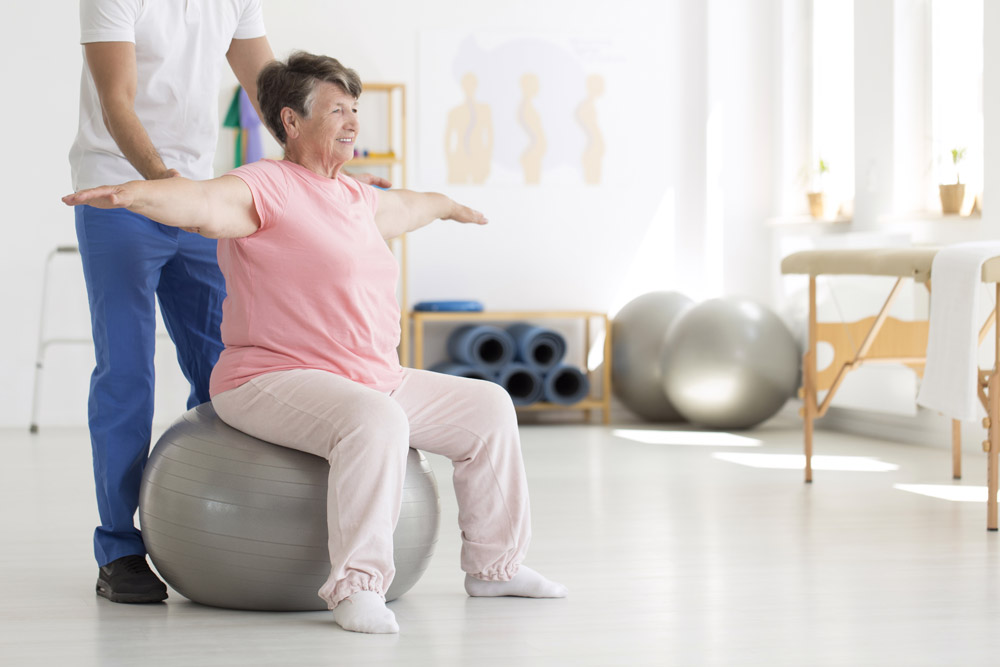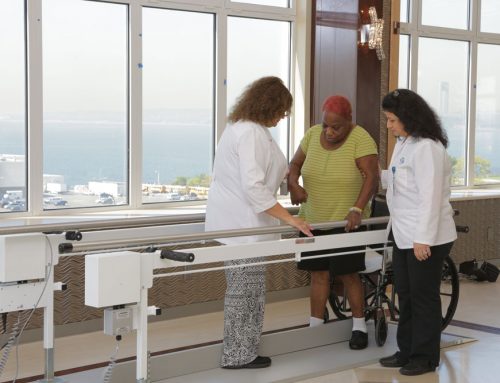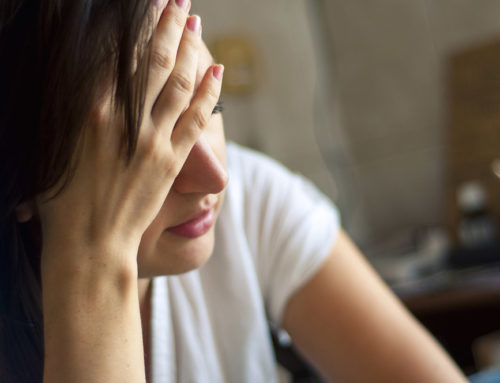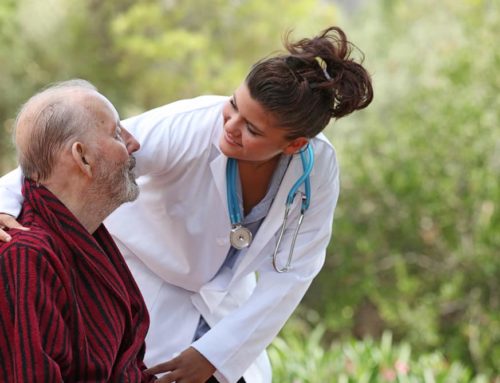Viral infections occur sporadically throughout our lives, causing varying symptoms, depending on the virus the individual contracted. Unfortunately, those symptoms don’t always disappear after the virus clears up. In many cases, there could be lingering issues and complications, the most common of which is extreme fatigue. These prolonged symptoms can range from mild to severe, sometimes requiring urgent steps to manage the post-viral condition for a speedy recovery.
Though it takes time to improve the post-viral issues, several measures are available to help with the process and stop any complications. Your doctor may recommend IV therapy, which is one of the best ways to treat prolonged post-viral conditions. It will provide faster recovery time and improved oxygen flow.
A flexible tube inserted into a vein transports fluids, nutrients, or medication to combat the issues you’re dealing with. For more information on post-viral recovery, check out the following sections.

What Else Can Help?
Post-viral conditions aren’t easy to deal with since they can cause several symptoms of varying severity. You may experience headaches, aches, pains, stiffness, concentration issues, or confusion. Not everyone has the same issues, either, so there is no set treatment for everyone.
Of course, there are some methods available for speeding up your recovery and altering sleeping and eating habits is part of it.
These can be tailored to match the symptoms you’re dealing with.
- Hydrate – One common issue with post-viral conditions is dehydration, so drinking plenty of water is a must.
- A healthy diet – When recovering from post-viral symptoms, your body needs the proper nutrients to regain its strength. Eating a balanced diet containing plenty of fruits and vegetables is essential to combat your symptoms. Avoid greasy, heavy, or inflammatory foods to prevent further complications.
- Avoid stress – Stress negatively affects the body and mind, so it’s best to avoid it during recovery. Doing so will reduce headaches and anxiety and help you sleep better. You can also add meditation, yoga, massage, and other stress-relieving activities to your routine if needed.
- Seek medical attention – If you’re dealing with prolonged symptoms or those that get progressively worse, speak to your doctor. They may be able to offer alternative solutions, including medication or therapy to ease your symptoms.
Extreme fatigue
Extreme fatigue is another possible complication of a post-viral condition. Even after the virus isn’t an issue, you may feel drained of energy, as well as unwell from other symptoms. Depending on the severity of the fatigue, you may experience exhaustion for a few days or several weeks.
Treating extreme fatigue involves getting plenty of rest while recuperating. Getting 7 to 9 hours of sleep each night is essential, as is taking naps throughout the day when necessary. Those with extreme fatigue should also try to conserve their energy as much as possible. Though exercise is part of a healthy lifestyle, it’s best to avoid it until you’ve recovered from post-viral conditions.
How long will it take to recover
Post-viral conditions may involve physical, emotional, cognitive, and neurological issues that range in severity. The duration of the symptoms brought on after a virus may also vary. Some people only experience symptoms for a few weeks, while others suffer for months. There are even rare cases that last even longer, depending on the health of the individual and how well they care for themselves.
This content comprises informative and educational resources only and can not be considered as a substitute for professional health or medical guidance. Reliance on any information provided in this article is solely at your own risk. If you have any inquiries or apprehensions about your medical condition or health goals, talk with a licensed physician or healthcare provider.






Leave A Comment